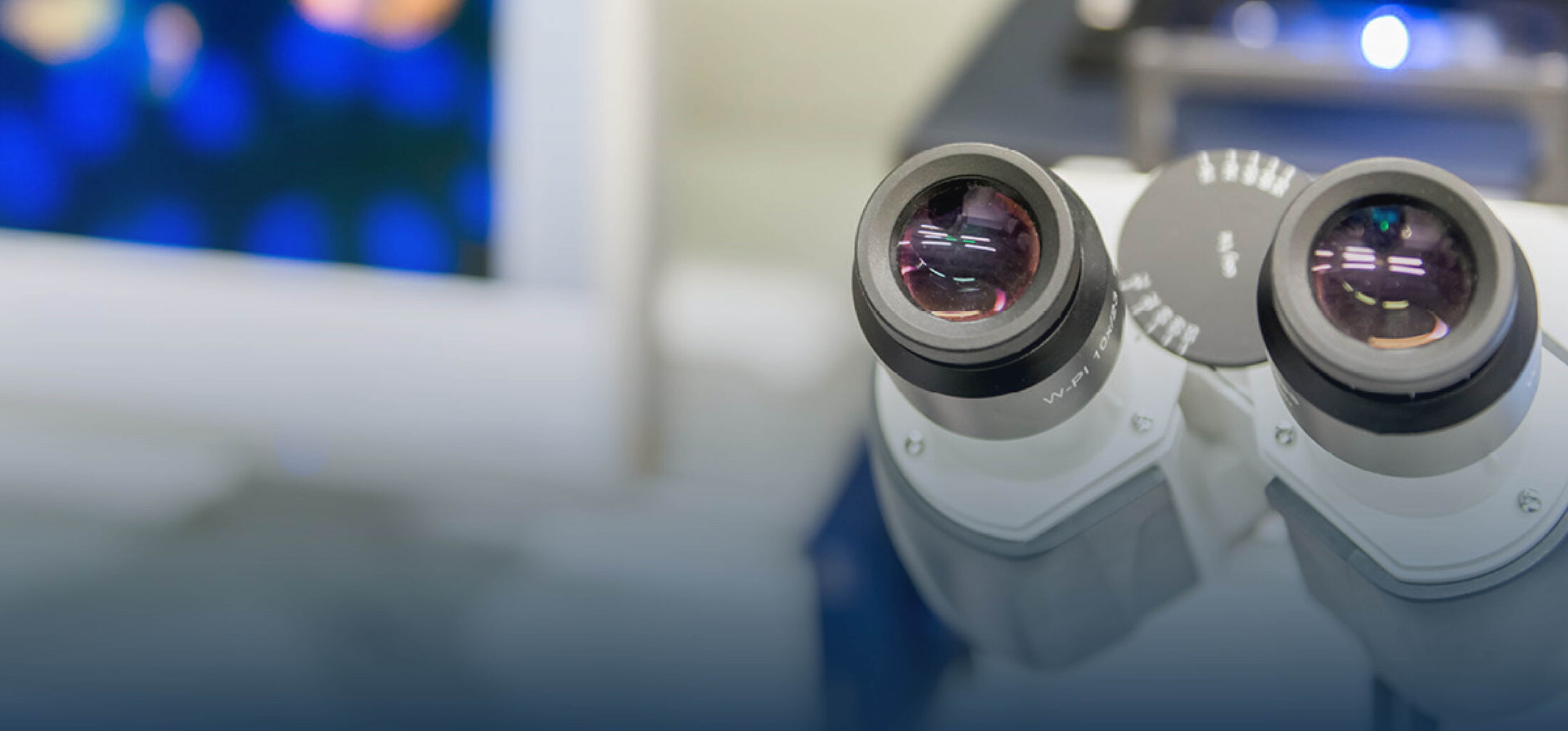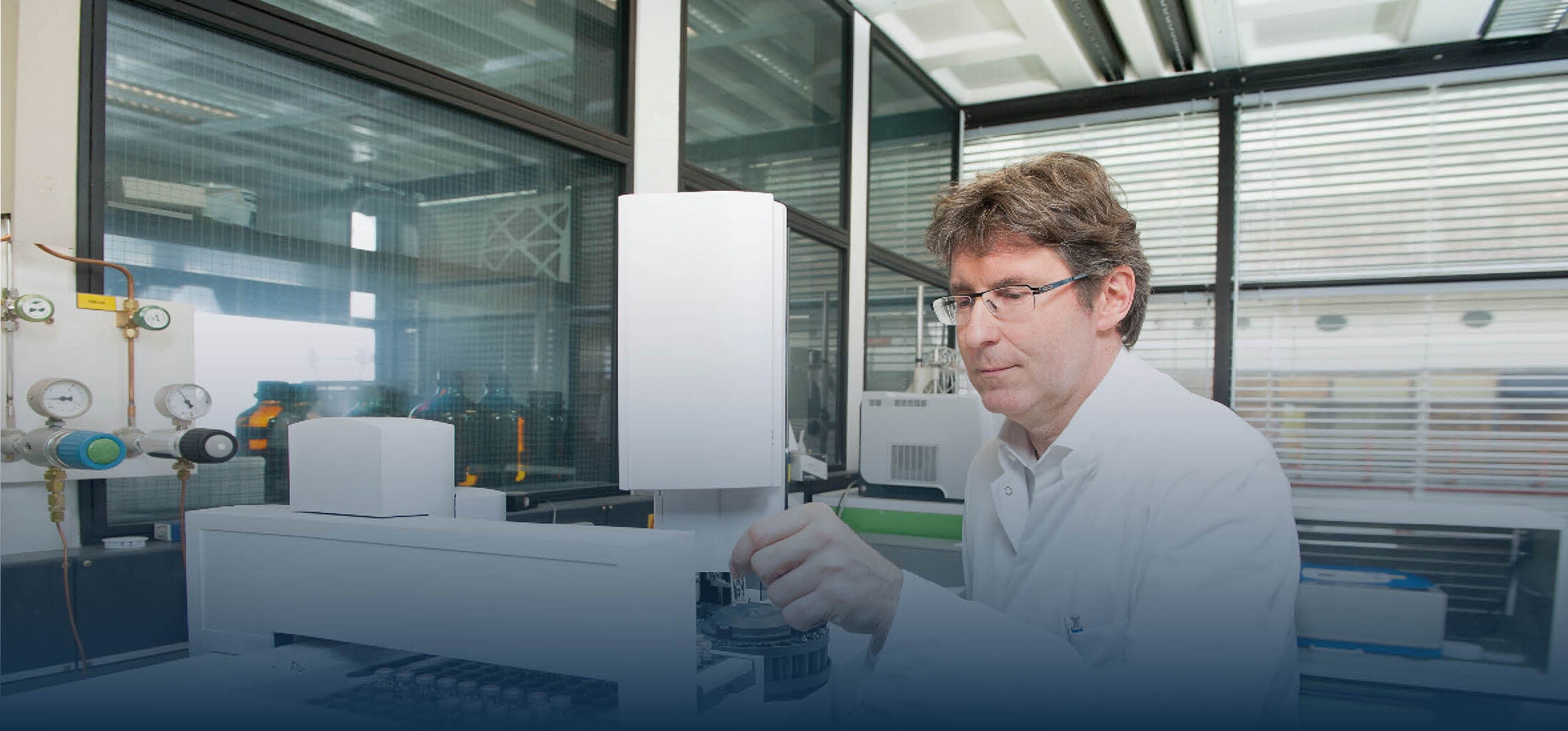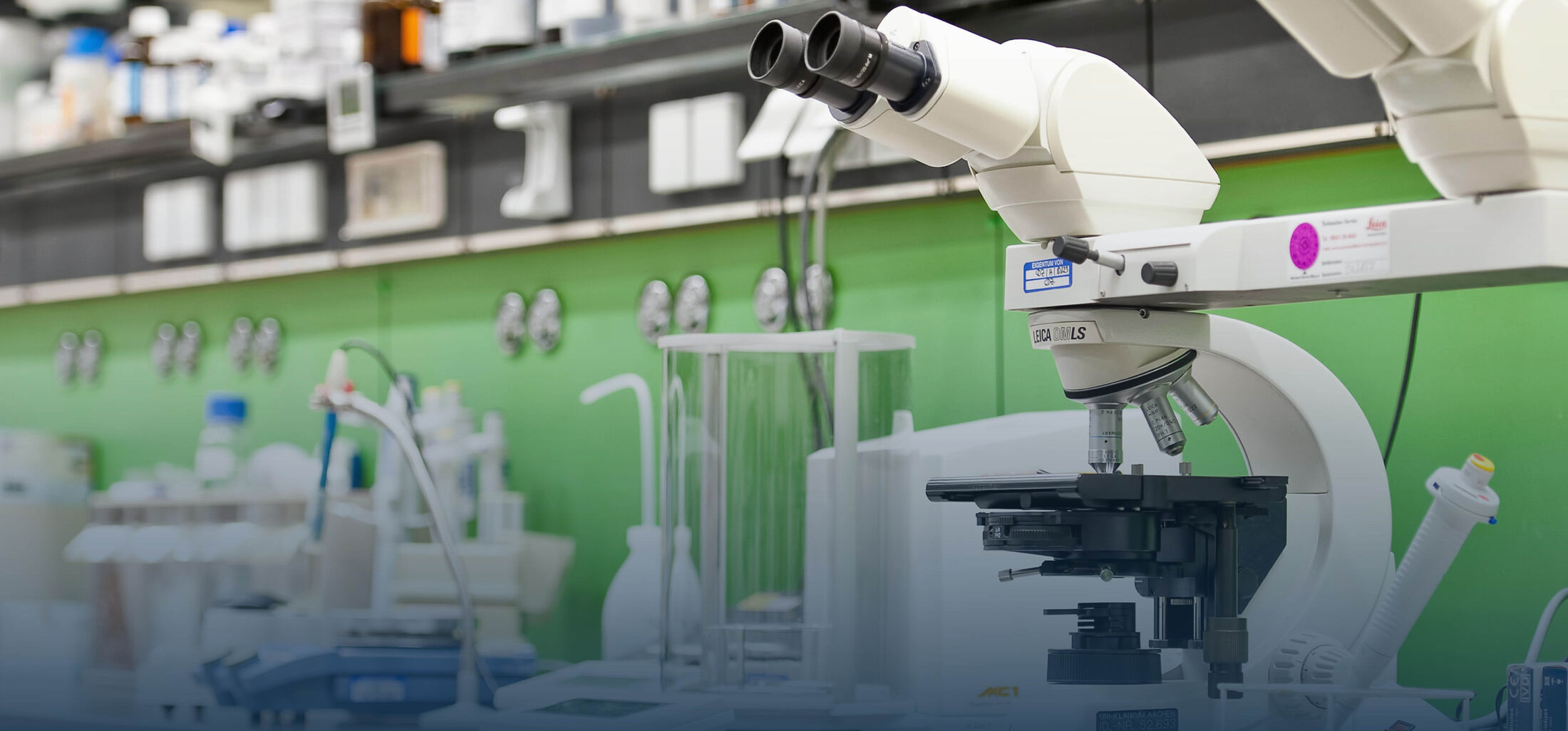Functional interference of electronic implants due to electromagnetic fields
Electromagnetic fields can influence the functionality of electronic implants such as pacemakers, cardioverter defibrillators or cochlear implants under certain conditions. Fields from mobile phones, anti-theft devices, high-voltage overhead lines or electric welding equipment in everyday or professional environments are discussed as potential sources of interference. In addition, new sources of electromagnetic fields (e.g. electromobility, HVDC, RFID tags, LTE, 5G) are constantly being added. We investigate these questions with our research in a comprehensive scientific approach.
We investigate the interference immunity of explanted and new cardiac implants using a microcontroller-controlled benchmark test. The self-developed test system can generate various forms of intracardiac ECG and interference signals that can be adjusted in frequency and amplitude. Thus, different disturbance scenarios up to worst case scenarios can be simulated and the disturbance behaviour can be determined depending on programming, model and manufacturer.
We investigate the effects of electromagnetic fields from novel technologies using a newly developed human measurement phantom. The consistent follow-up of the Irnich measuring phantom has already been tested on the results of studies with probands and enables the evaluation of magnetic fields for implant wearers at workplaces and in public spaces. In conjunction with benchmark tests, the measurement results can be applied to cardiac implants currently in use.
We conducted provocation studies with implant carriers to check the interference immunity and determine the actual safety distances to fields in the everyday or professional environment. The fields in question were simulated under controlled conditions in the test laboratory and applied for a short time. From this, the individual interference strengths of the implants were determined in vivo. However, we are not currently conducting any provocation studies with implant carriers.
Contact person:
position vacant
Team:
Ralph Kühn


